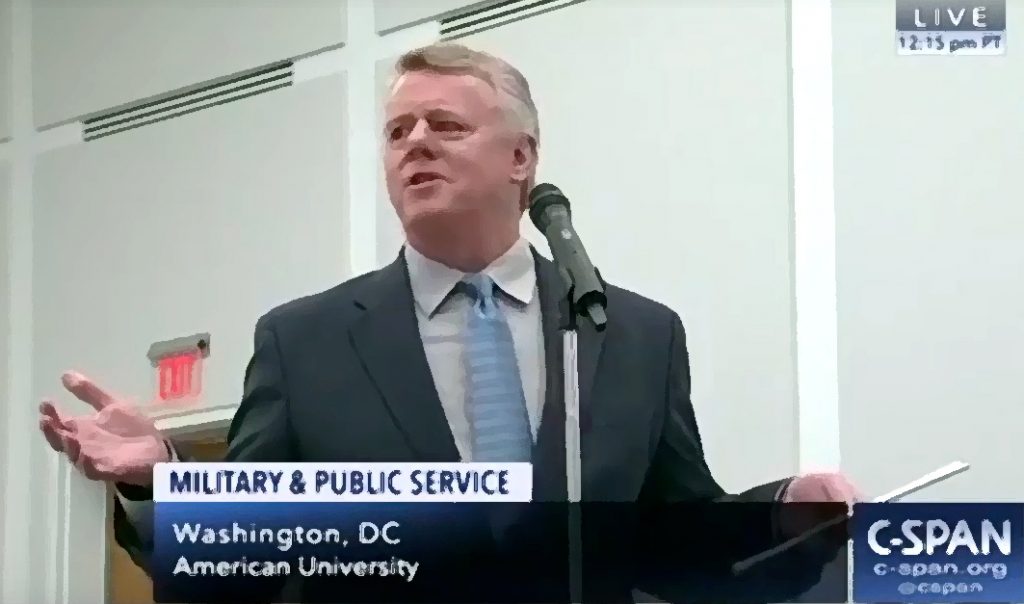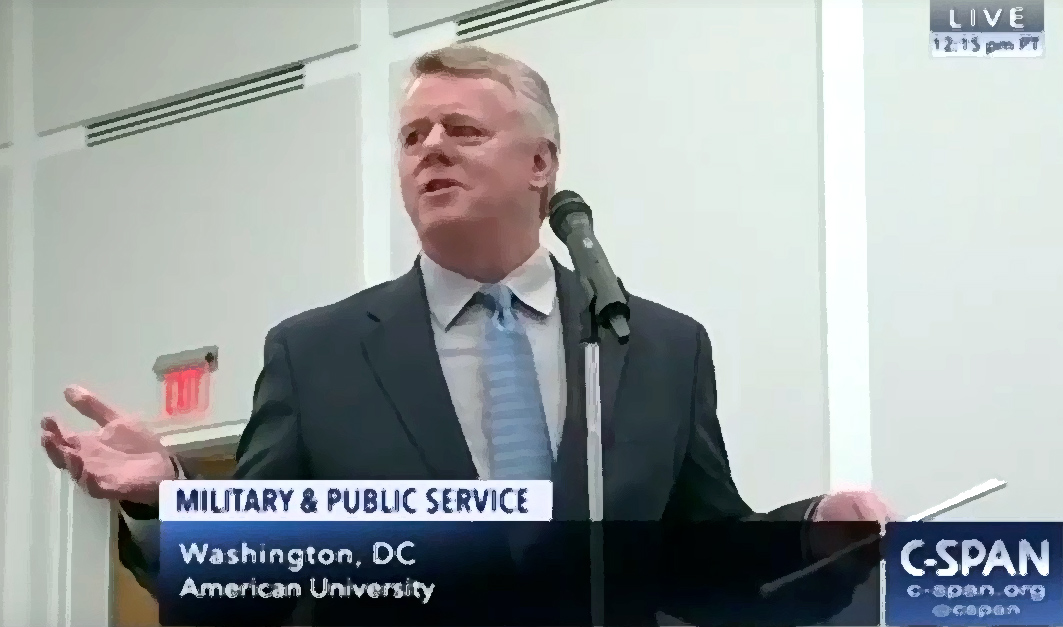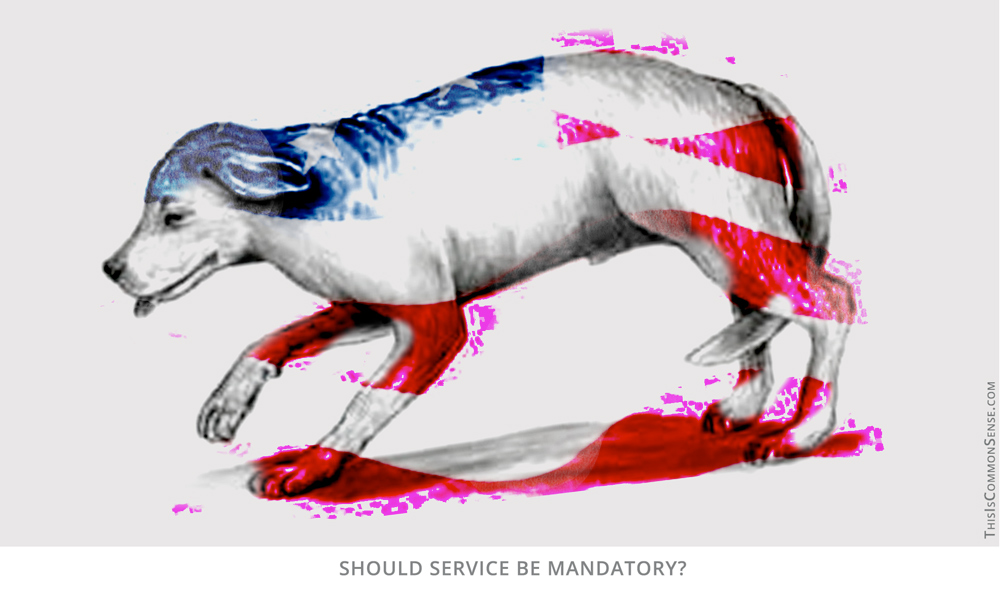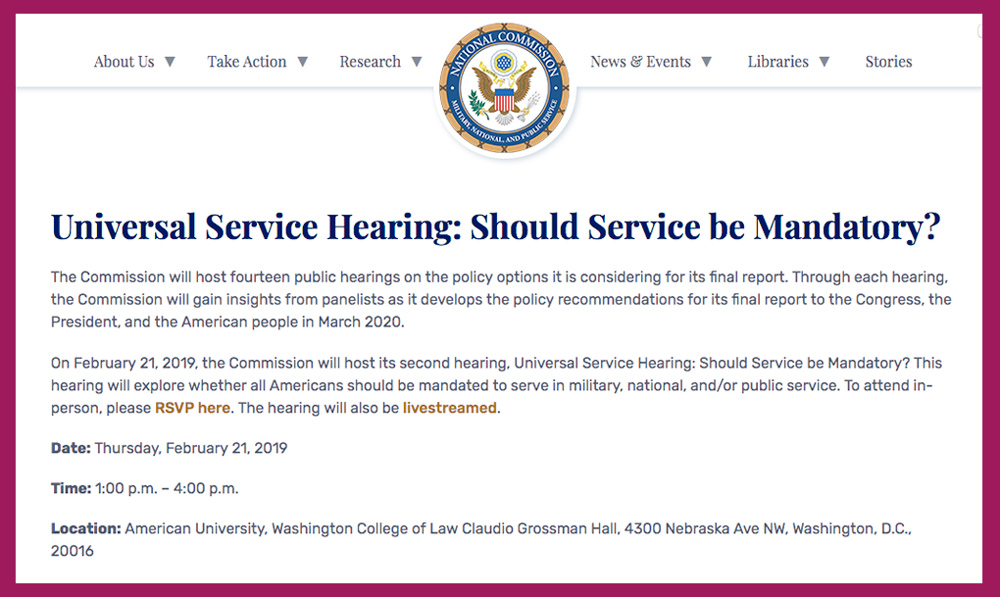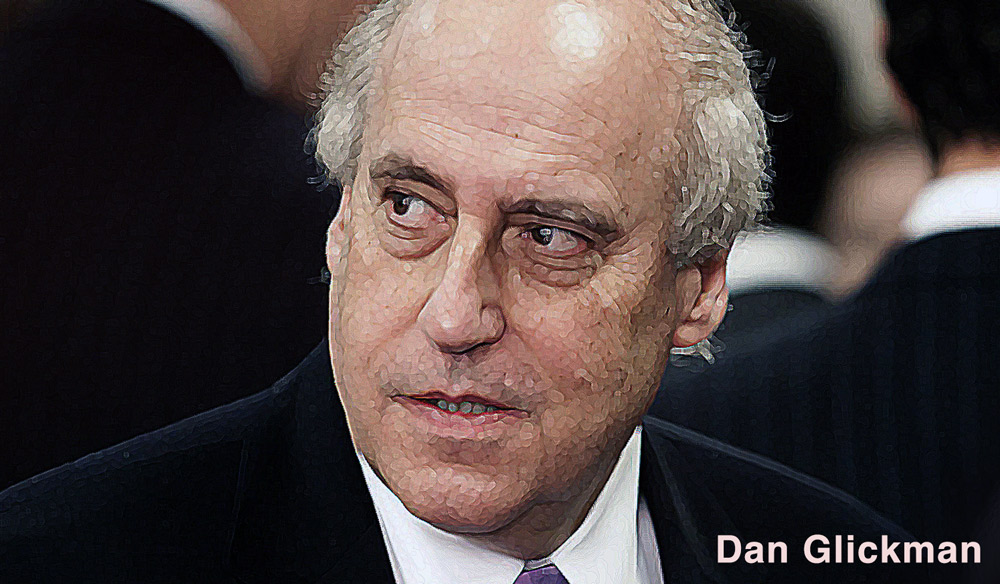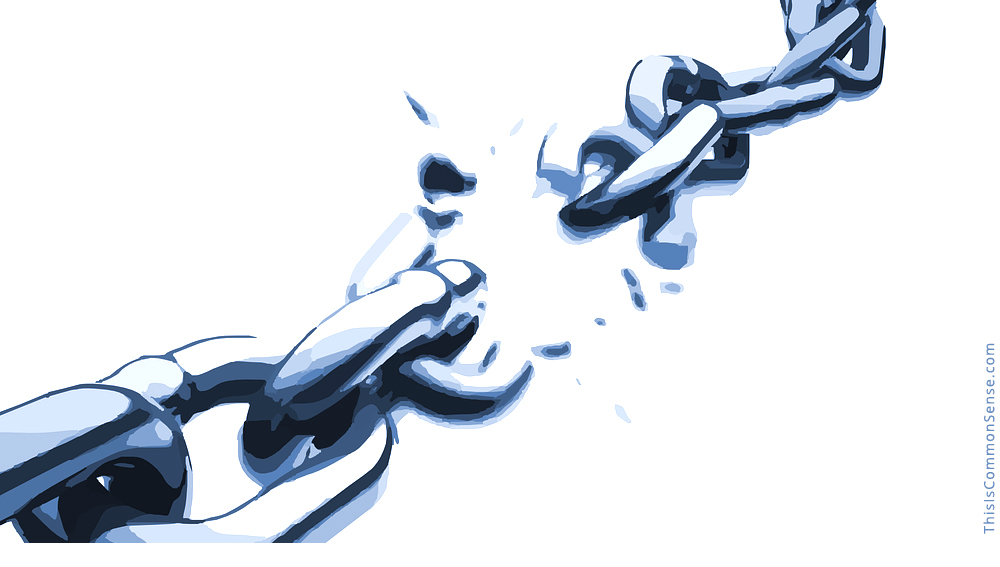Common Sense focused on the draft, last week, specifically the idea of “national service,” too often portrayed as a wonderful enriching experience.
My midweek commentaries “Old Codger Draft,” “The Opposite of Freedom,” and “Green New Conscript?” pinpointed the plethora of problems with enslaving folks.
On Thursday, I traveled with two threatened members of that now vulnerable population known as “young people” to a public hearing at American University. There I testified for three-and-a-half minutes of the two allotted to me by the National Commission on Military, National, and Public Service. I implored them to “forswear any forced service whatsoever.”*
“That shouldn’t happen,” I said, “in America.”
Then, late Friday, a federal judge ruled that the Selective Service System’s male-only draft registration program is unconstitutional. Since all combat positions are now open to women, a draft registration program excluding women violates the equal protection rights of men. The lawsuit brought by the National Coalition for Men doesn’t ask that registration be extended to women, only ended in its current discriminatory form.
The judge, however, did not issue an injunction, and there will be an appeal.
“This ruling is going to force the government eventually,” the group’s attorney told the Washington Post, “to either get rid of the selective service requirement or require both sexes to register.”
Between now and the 2020 election, the issue of conscription — for men and for women, for war or for street sweeping — will be before the Congress, the President and candidates for those positions.
Let’s ask them: Whose life is it?
This is Common Sense. I’m Paul Jacob.
* And I offered important advice on the proper website domain name for the Commission, to boot.
